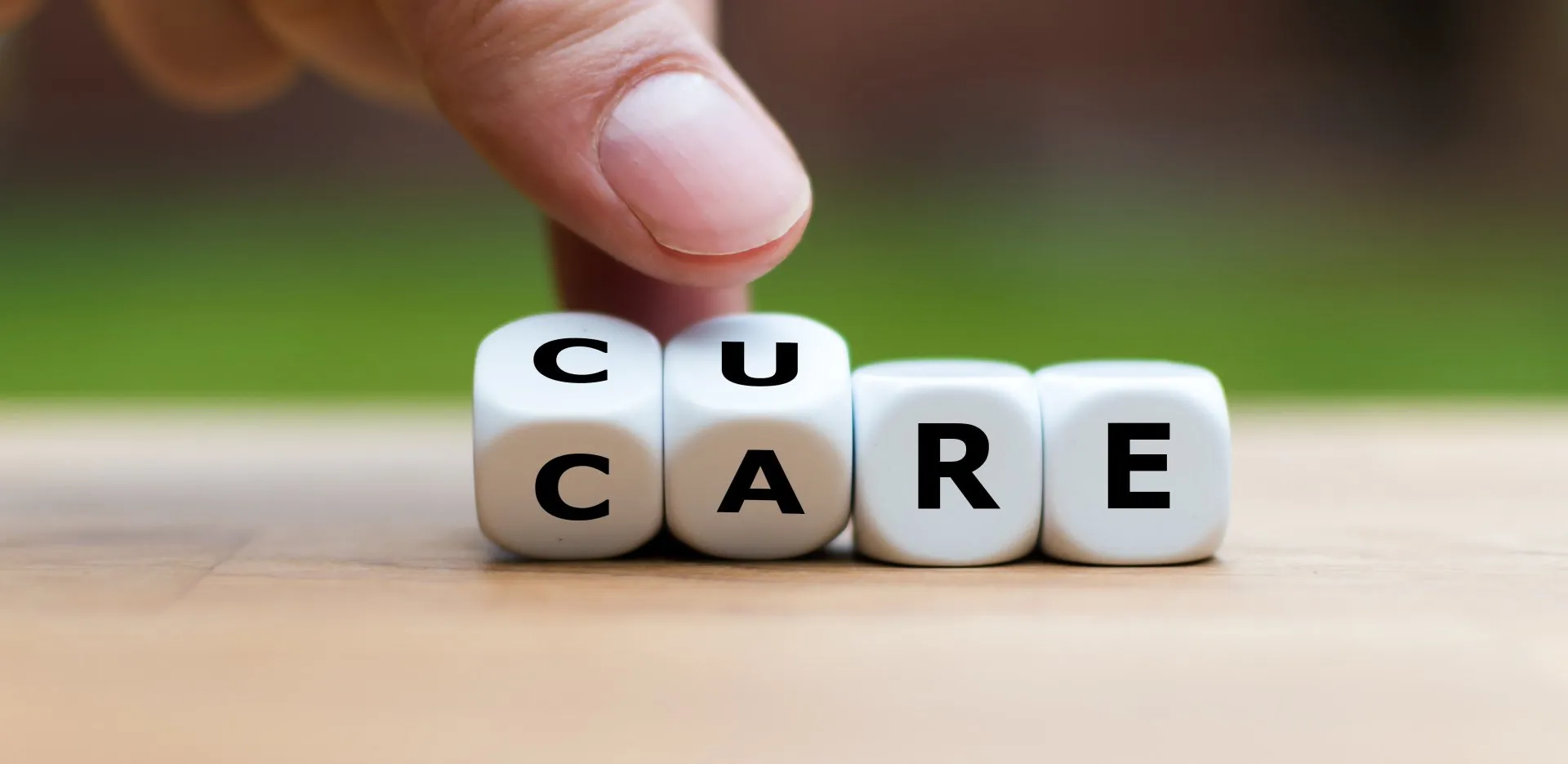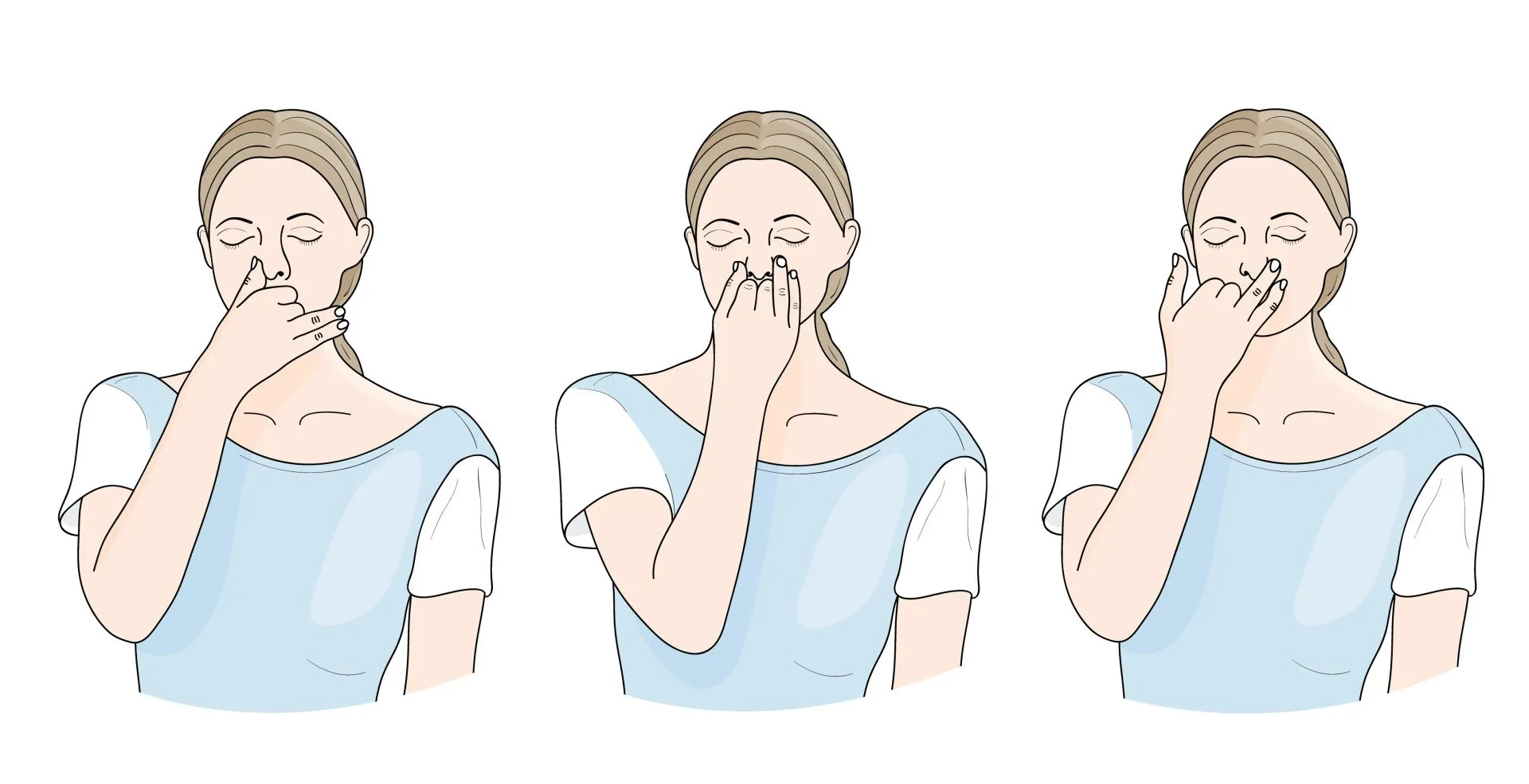Find out if we're a good fit & get your homeopathy questions answered.
Free discovery session
When symptoms seem to suddenly disappear as a result of a prescription drug, herb or vitamin, we automatically assume it’s working and believe we are cured of our disease. Wait a minute….NOT SO FAST!
Symptoms are not enemies to be destroyed, rather sacred messengers telling us there is an imbalance deep within. In a strange way, when we are unwell, our symptoms keep us alive. They act as a vent, or a relief valve, for the pressure of the deeper energetic imbalance that is the true source of our ill-health. Without this vent, the imbalance would increase.
One of three things happened, our symptoms were either palliated, suppressed, or maybe, just maybe, actually HEALED. Palliation and suppression are more common than you would think, but they are often perceived to be synonymous with actual healing – bringing the body back into homeostasis.
Suppression
When we take an allopathic drug, it typically acts immediately, due to the material/crude dose. Its forces something to happen, rather than stimulating your immune system/vital force (link what is vital force) to start working in a healthier way. We can often get accustomed to “take a pill and the problem goes away”. In fact, this way of “healing (suppression)” only pushes the chronic state further along into a deeper part of the person – a more important organ will gradually get effected.
Suppression means stopping or limiting an action. Frequently we limit the vital energy in our body by the use of conventional ‘cures’. How often do we use a cream to ‘remove’ a rash, a pill to take away a pain, a medicine to calm our nerves? The main action of these medicines, however, is to palliate the symptom and to moderate its expression rather than to address the susceptibility behind it. They can never constitute a long-term cure.
Palliation
The term palliation, comes from a Greek word that means “to hide or disguise”. Palliation “hides” the symptoms, giving short-term relief from their unpleasantness. It does absolutely nothing to correct the underlying problem that caused the symptoms. If we keep palliating a symptom long enough, we may not be able to continue to externalize the illness. As a result, the untreated internal state will be forced to find another outlet in order to re-balance itself. While we may suppress, or apparently ‘remove’ a symptom from a particular part of the physical body, the next available vent may be anywhere on the mental, emotional or physical level. A simple example of this is when someone has been indulging in many ‘flu cures’ to fix their cold, and then becomes irrationally bad-tempered as the discharge dries up.
Many more examples of the effects of suppression exist, from the development of asthma in children whose eczema has been suppressed by steroid creams, to breast lumps, which are believed to correlate directly with the use of antiperspirants, to childhood inoculations resulting in a chronically sick adult population.
There is a general hierarchical relationship in terms of the way symptoms manifest in the human organism–and it proceeds roughly in this direction: body > heart > mind > spirit. Therefore, when a physical illness is prevented from occurring, usually by means of suppressive medications, the life force seeks to express the disturbance in another location. There is a tendency for the disturbance to eventually “metastasize” to another, deeper level. When it is forced away from the physical level, the energetic disturbance often resurfaces on the emotional or mental levels. Since conventional medicine does not acknowledge this phenomenon, it never owns up to the role it plays in generating mental, emotional, and spiritual illness.
So, how do we know if a treatment is suppressive or not? The answer lies in the longer-term direction that one’s overall health takes over time. Is overall health generally improving or declining? Note that this is very different from asking whether the eczema or headaches are improving over time. If a child with successfully treated eczema ultimately winds up with migraines or asthma, it is likely that suppressive treatments contributed to this outcome. If strong painkillers are then used to suppress the migraines (or steroids for asthma) to the point that they cease to recur, but the child then develops depression, it is almost certain that suppression led to an overall decline of health.
Cure
Genuine healing works in a direction opposite to suppression. If a method that respects the body’s innate healing capacity is employed (Homeopathy), we might expect that as the depression recedes, the migraines may temporarily resurface. And as the migraines recede, the eczema may erupt once again, but only temporarily. While allopathic medicines concern itself with eradicating the symptom at hand without regard for the whole, any truly effective healing method is always cognizant of the greater whole and longer-term overall direction of a person’s health status.
Homeopathy respects the wisdom of the body, seeks to work with symptoms of illness rather than against them, and contribute to positive long-term outcomes.



